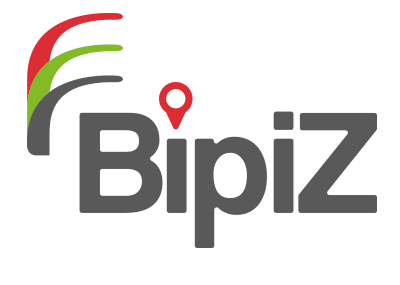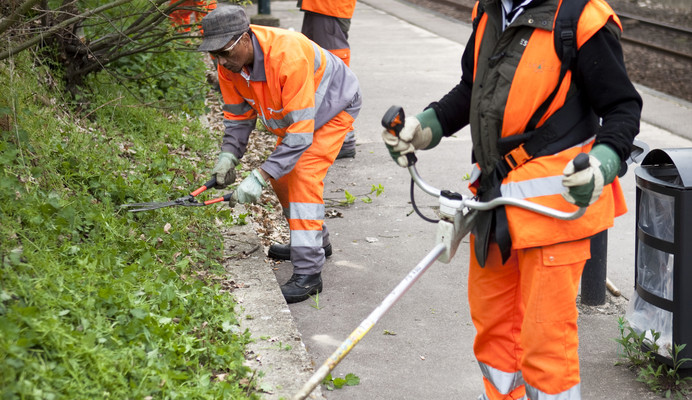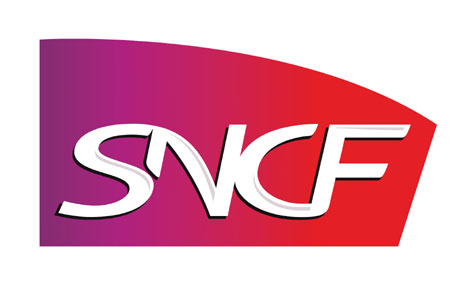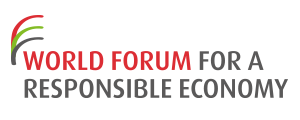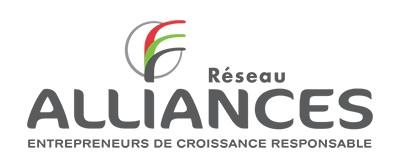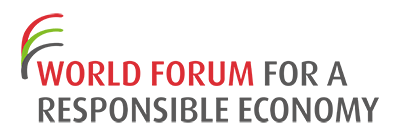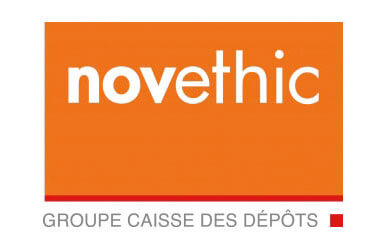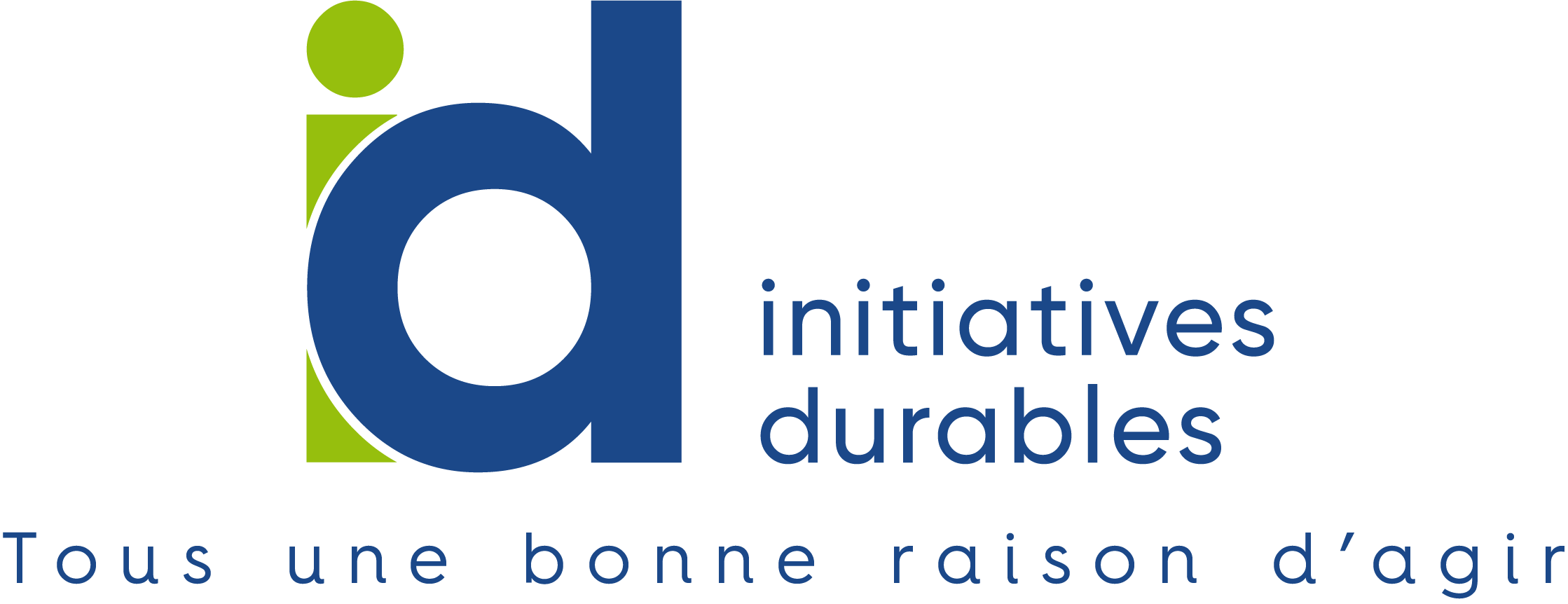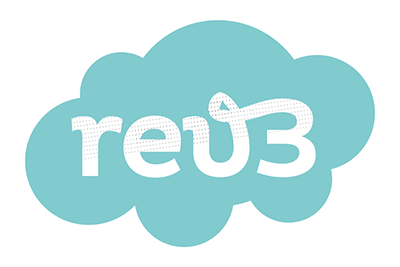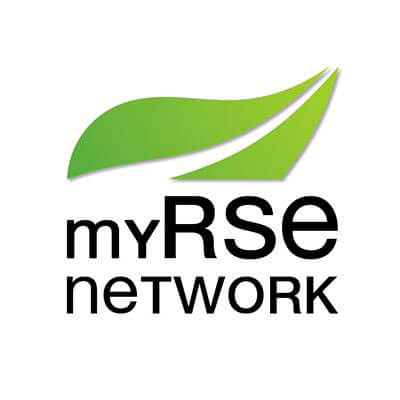Historically rooted in the territories, SNCF is committed to their development and social cohesion with a range of actions to benefit local players and people in fragile situations.
On a daily basis in the Hauts-de-France region, it manages 200,000 passengers on 1,240 TER and 150 TGV trains, thanks to 20,400 agents. Every day, it is twice around the world in kilometres travelled.
